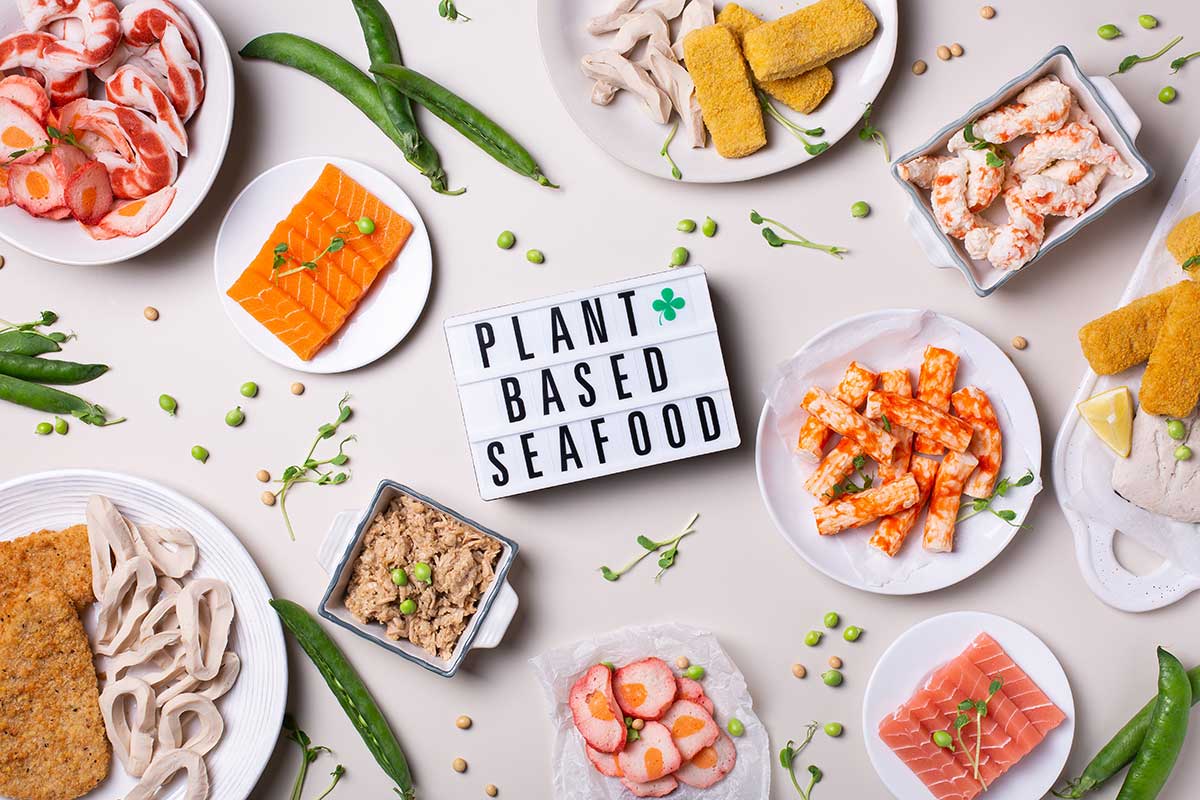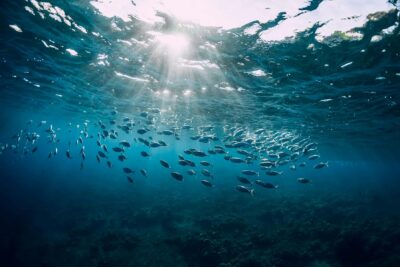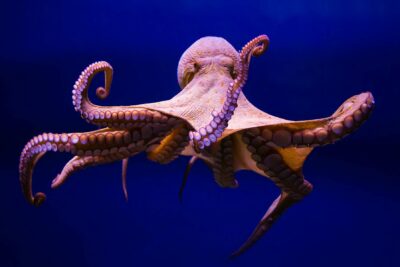Each year, more fishes’ lives are taken for consumption than the total number of humans who have ever lived on this planet. Our relentless extraction of fish from the oceans is proceeding at an alarming pace, with some scientists even forecasting a future where our oceans may become devoid of fish. This excessive fishing isn’t driven by necessity for our survival or health; rather, it is motivated purely by our preference for the taste.
We’ve achieved a profound disconnect from the individual sea creatures we impact with each meal. This prompts us to ask: How did we reach this point, and why do we find it difficult to empathize with fish?
The Disconnect: Do Fish Feel Pain?
It’s far easier to inflict harm on others when we dehumanize them and disconnect from their emotions and experiences. The notion that fish are fundamentally different from us perpetuates a false narrative that they are incapable of experiencing pain, enabling us to rationalize harmful behavior toward them.
These perceived disparities, such as having fins instead of feet, living underwater, and communicating through sounds rather than words, have created a sense of distance from these animals, making it harder for us to relate to them. Our beloved pets can cuddle with us, respond to our words, and express their pain, leading us to place a higher value on their lives than on the lives of other living beings.
The truth remains that just because fish don’t look or act like us, that does not diminish their inherent worth or their right to a life free from suffering and exploitation.
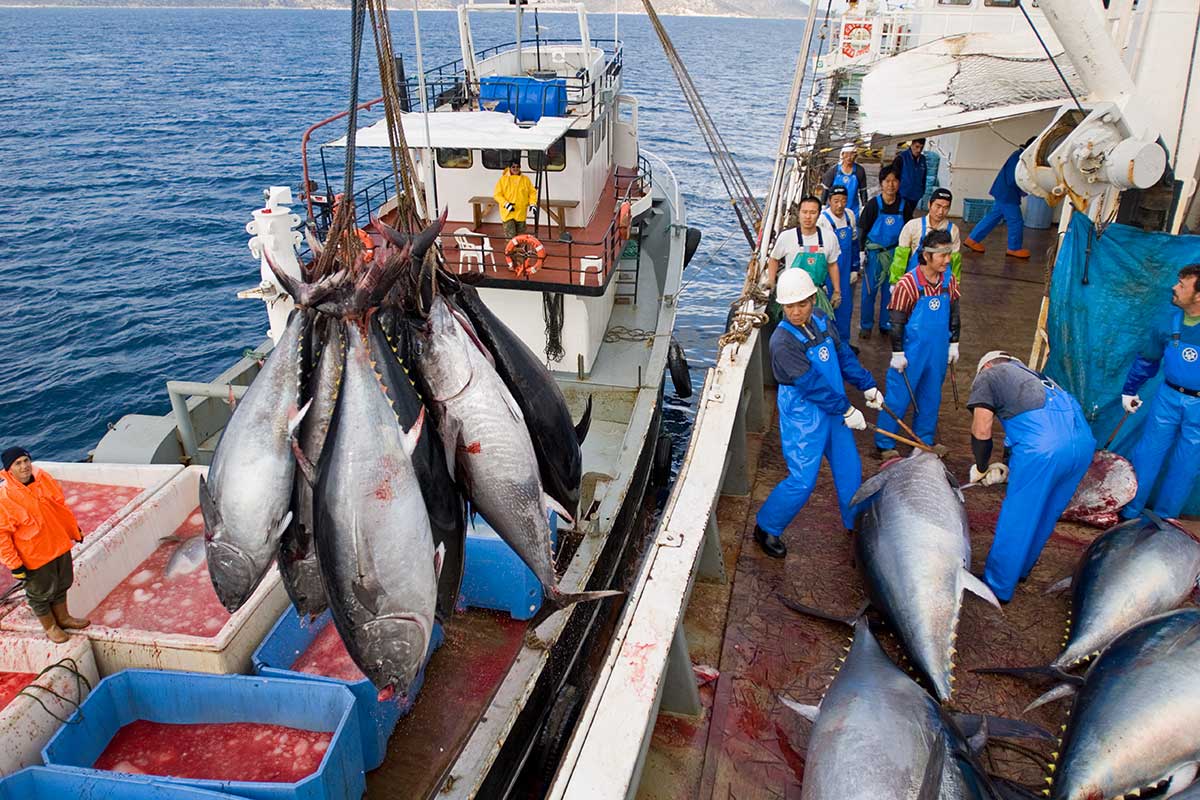
Fish Intelligence
Life in the oceans has been around far longer than life on land, and from an evolutionary perspective, intelligence has played a vital role in the survival of aquatic animals.
Emotions, problem-solving abilities, tool-making, parenting, and navigational skills have been crucial characteristics for various fish species to thrive over millions of years. Just to give a few examples, some fish like the tuskfish, use rocks to crack open hard-shelled prey, demonstrating tool use. The archerfish is known for its ability to shoot down insects from overhanging branches with a precise stream of water, displaying advanced hunting skills and problem-solving abilities. Salmon undertake long and arduous migrations, traveling thousands of miles across oceans and rivers to reach their breeding grounds with astonishing precision. And some species gather up and keep their fertilized eggs in their mouths and safe from predators until they hatch.
While intelligence should never be a measure of one’s worth, fish have fascinating abilities that go far beyond the stereotype of them being simple creatures.
Aquaculture Versus Wild Catch
The fishing industry could arguably be the most environmentally destructive among all animal agriculture sectors, primarily due to the astonishing pace at which it operates.
Whether wild-caught or farmed, both sides of the industry cause suffering and eco destruction. Wild-caught fishing methods, such as bottom trawling, are causing depletion of fish populations, the decimation of non-target species (known as ‘bycatch’), extinctions, and widespread habitat destruction. Furthermore, consuming fish can potentially result in a range of health concerns, including parasitic infections, mercury poisoning, and exposure to plastic contaminants.
Factory farmed fish on the other hand create a different range of serious issues, including the widespread use of antibiotics and other chemicals, water pollution, the infection of wild-living populations, stressful and cramped farm conditions, and the reliance on wild-caught fish to feed them.
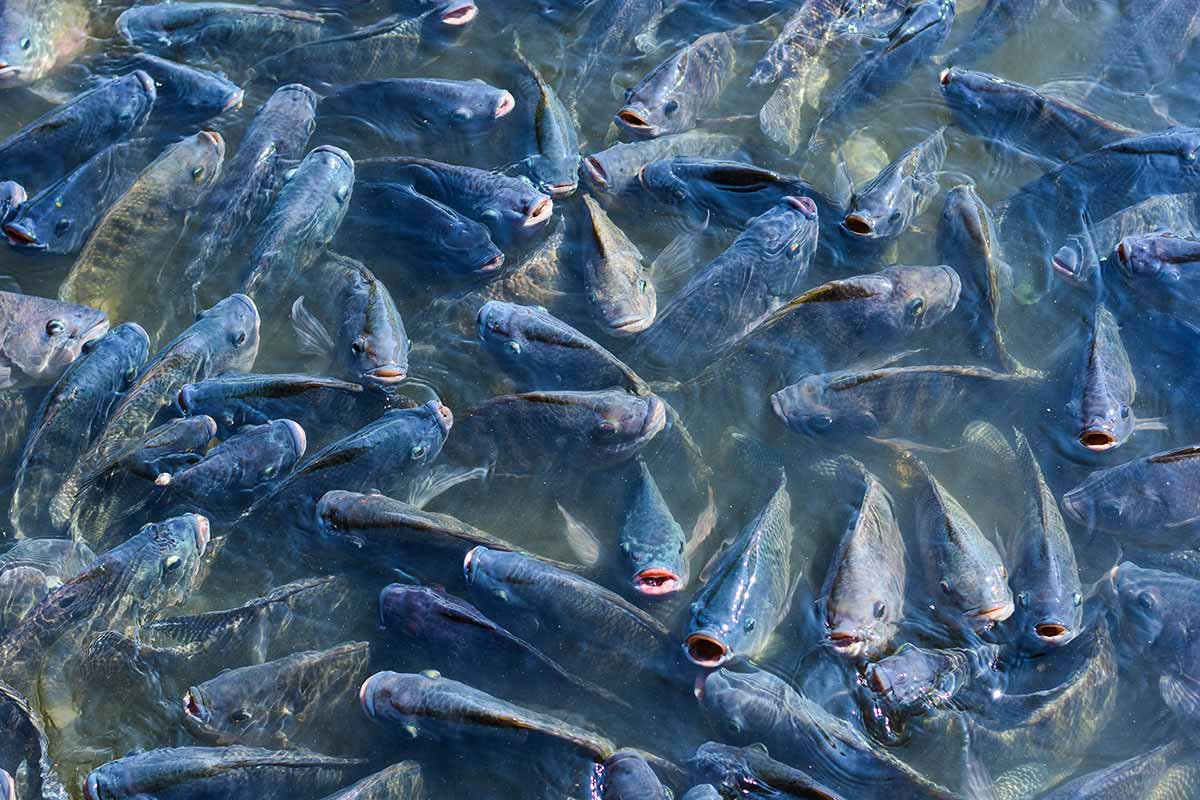
The Solution to Overfishing
When we begin to recognize fish as individuals with their own thoughts, feelings, and desires it becomes increasingly compelling to exclude them from our meals. The good news is that nowadays there are plenty of delicious fish-less recipes that will satisfy every seafood craving.
Consider exploring renowned brands like Good Catch, Sophie’s Kitchen, and Gardein for their delectable fish-less alternatives! Or you can even try rolling your own sushi rolls with veggies and tofu.
Instead of seeking “better” ways to engage in the same harmful fishing practices, we can opt for plant-based alternatives that provide us with the necessary nutrients, satiate our hunger, ensure we love our meals, and reduce suffering for other living beings.
